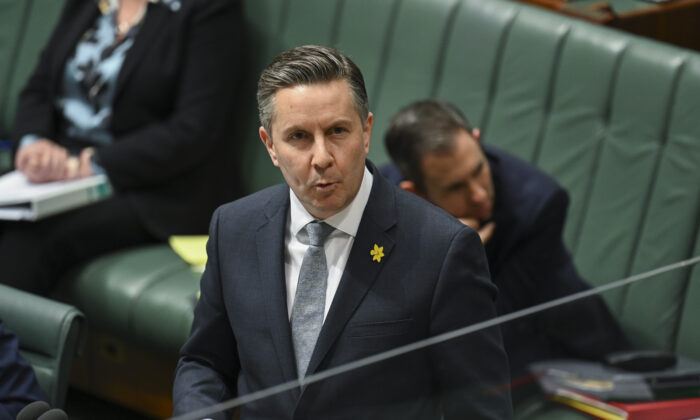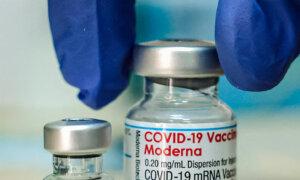Health Minister Warns that Pandemic Preparedness is Now Worse Than Pre-COVID-19
The impact of losing experienced healthcare workers and public servants due to COVID-19 has left Australia less equipped to handle a pandemic now compared to before.
An in-depth 877-page report examining Australia’s response to the COVID-19 crisis has been published, highlighting significant deficiencies that resulted in unnecessary loss of life and economic repercussions.
The investigation revealed that restrictions, coupled with widespread miscommunication and a lack of empathy, undermined public trust in the government.
Authored by epidemiologist Professor Catherine Bennett, senior public servant Robin Crack, and economist Angela Jackson, the report consists of nine key recommendations and “26 actions for improvement.”
Health Minister Mark Butler acknowledged that Australia’s pandemic strategies were woefully inadequate in the face of the challenges posed by COVID-19, a sentiment echoed by many nations.
He noted that the plans failed to adequately address crucial aspects like international border closures, quarantine protocols, and staffing requirements, which were critical to an effective response.
“Leaders found themselves in the difficult position of having to devise a response on the fly,” he remarked.
However, Butler believes the report offers valuable insights and recommendations that can enhance Australia’s future preparedness.
He cautions that the current readiness of the nation is lower than pre-COVID times due to the departure of healthcare professionals and experienced government officials who were heavily impacted by the pandemic and have since left their roles.
The minister has committed to establishing a Center for Disease Control as a central hub for information and coordination during future public health crises.
“The initial focus of the CDC will be to establish a comprehensive integrated data and surveillance system in collaboration with states and territories,” Butler explained.
One of its key responsibilities will be to implement a cutting-edge real-time data and surveillance system, including leveraging wastewater surveillance, which has proven to be crucial.
“The CDC will also provide evidence-based guidance on pandemic response, as well as broader strategies for managing communicable diseases,” he added.
Butler attributes the breakdown in public trust to the lack of real-time data, evidence-based policies, and acknowledges a lack of transparency, leading to skepticism about future measures.
The report criticizes certain measures like border closures, citing a lack of clear justification and significant negative consequences.
Underfunding Over Decades: Public Health Association
Meanwhile, the Public Health Association of Australia links these failures to chronic underinvestment in public health over the years.
CEO Terry Slevin pointed out, “The truth is, there has been a long history of neglecting public health in Australia, as it’s not as visible compared to demands for more hospitals and emergency services.”\
“The ‘insurance policy’ for investing in public health, as Dan Andrews described it, was overlooked by many governments. The pandemic underscored the importance of such an investment.”
While acknowledging the potential of the CDC, Slevin notes the high expectations placed on it and the lengthy process required to establish it.
For it to effectively safeguard public health, prepare systems for future challenges, and address chronic diseases, Slevin stresses the need for ongoing support and independence.
Importance of Transparency
Slevin emphasizes the necessity of expertise, established systems, and effective information-sharing mechanisms.
He recommends that the CDC issue reports within 12 to 18 months of its establishment, followed by biannual reports, to help rebuild public trust.
“Transparency is crucial. Dealing with the pandemic heavily relied on trust, which has waned for some. The government, CDC, and health community must work to regain that trust through effective communication based on solid evidence and taking into account community concerns,” he concluded.





